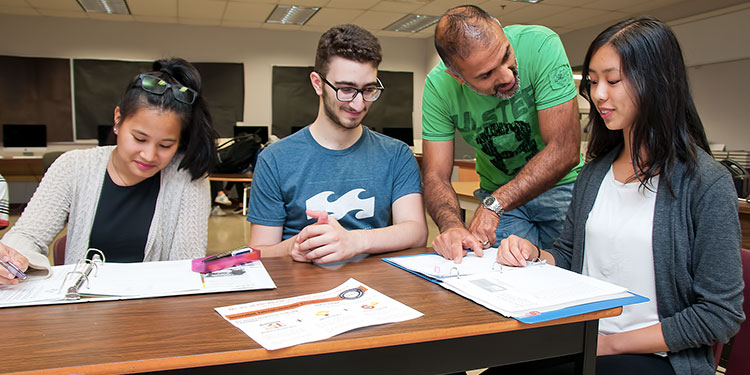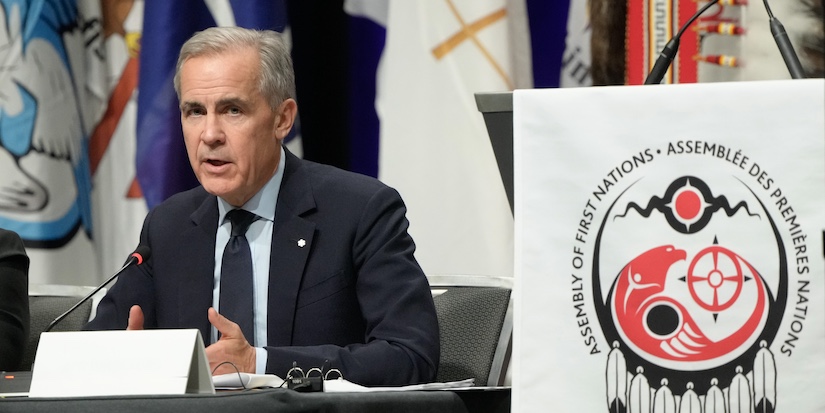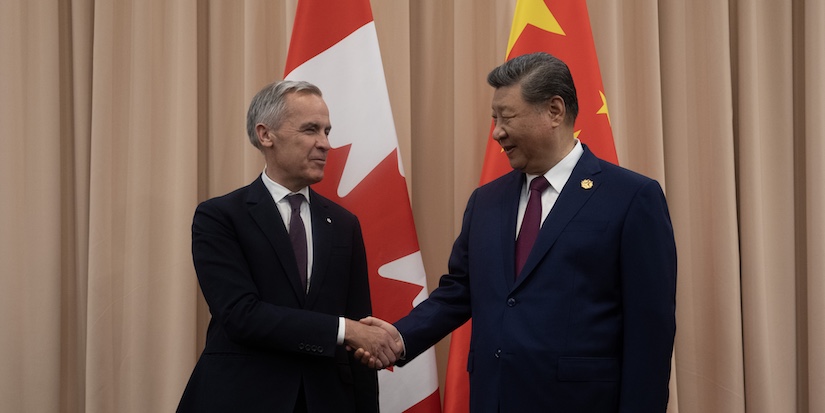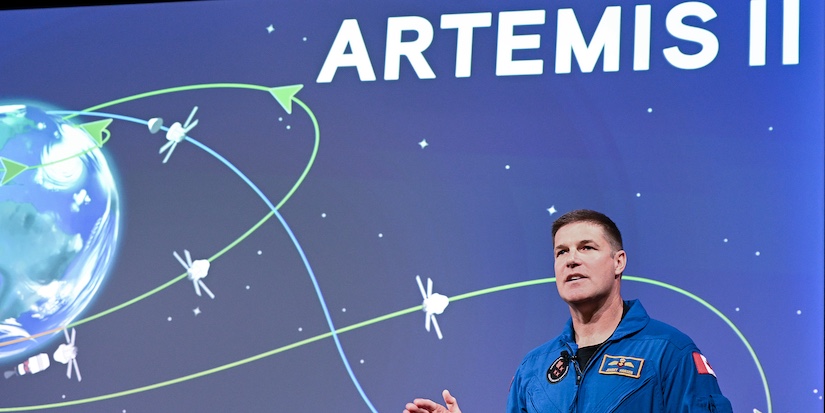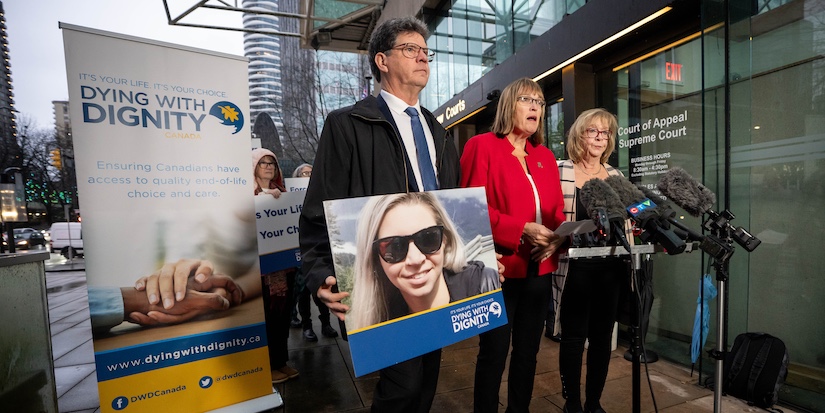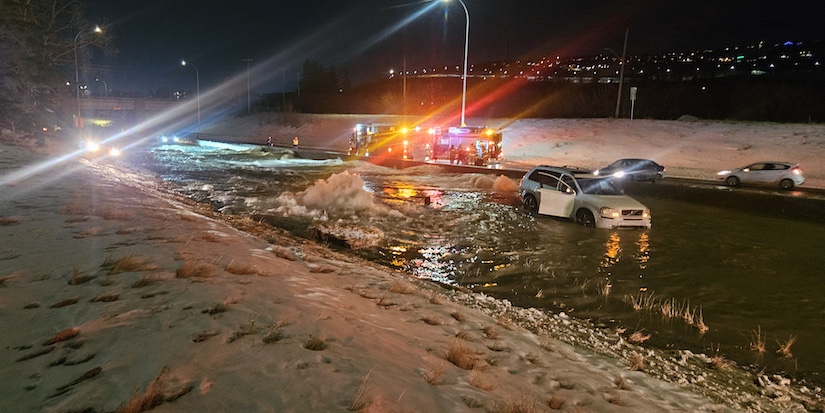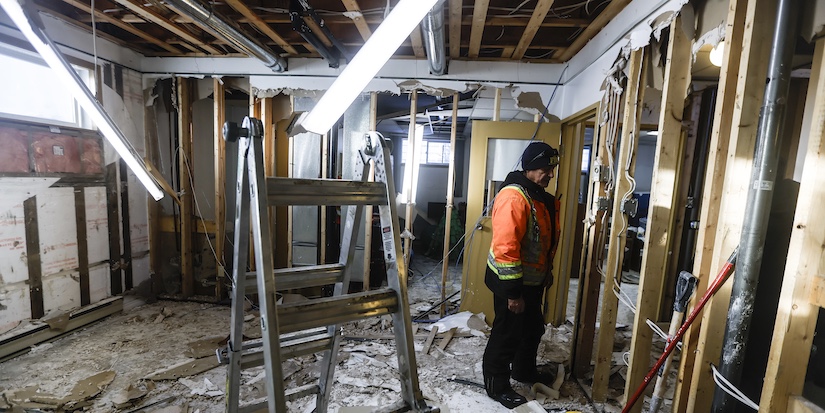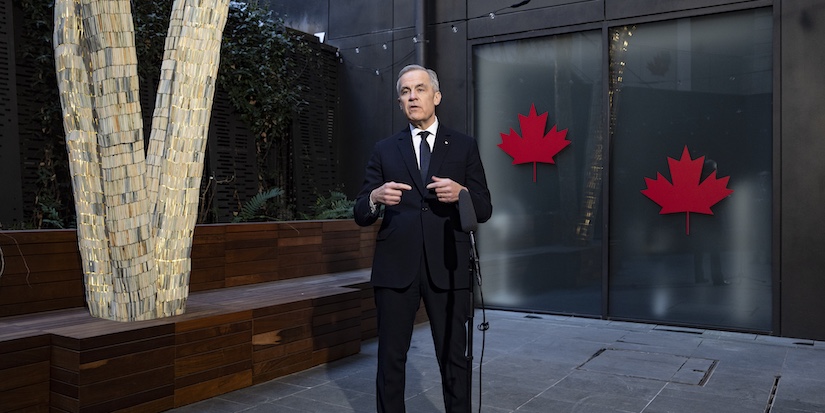Latest News
YELL program steers students toward success
Published 3:46 PDT, Wed September 13, 2017
Last Updated: 2:12 PDT, Wed May 12, 2021
Simply put, it's the type of educational
program that entrepreneurs Amit Sandhu, Punit Dhillon and Rattan Bagga wish had
been available when they were in high school.
Young Entrepreneur Leadership Launchpad
(YELL) is a free high school program that aims to “ignite the entrepreneurial
spirit within young minds,” Sandhu said. Co-founded by the trio, YELL launched
in partnership with the West Vancouver School District in 2013 and is now
offered in seven Lower Mainland school districts including Richmond.
Contrary to its name, the program's focus
isn't on generating tomorrow's entrepreneurs.
Rather, it aims to give students a strong
understanding of the fundamental underlying principles that enable businesses
and organizations to function and prosper.
By understanding the key areas of a business
or organization, including operations, marketing, and finance, Sandhu said this
will enable a student to take on a leadership role no matter what type of
career they pursue.
The program aims to provide youth with an
entrepreneurial toolbox by fostering creative problem solving. Students are
taught about the important role failure plays in the process of innovation.
"Failure is something we're not teaching
students how to handle properly in schools," Sandhu said.
"Inherently...to be innovative, you have to fail multiple times. You have
to be courageous enough to take a risk and keep on going. That perseverance is
very important. And that's something we want to build in young people."
The CEO of Richmond-based real estate
conglomerate Ampri Group, Sandhu said the program is offered in Richmond as a
credited after-school program taught at Richmond Secondary School on Mondays
from 3:30 to 5:30 p.m. YELL is a federally-registered charity and the program
is philanthropically supported by families and organizations including RBC
Foundation, Varshney Capital Corp., Hive, Radius SFU and the Greater Vancouver
Board of Trade.
While in other districts the number of
applicants for the program often outstrips the number of seats available, in
Richmond there are still a handful of spots available (to apply, visit
weyell.org).
"To all of the professionals that I
speak to on a daily basis, when we tell them about the work we're doing with
YELL, everyone says the same thing: They wish they had this program when they
were in high school," Sandhu said.
Sandhu believes the YELL program can save
students a lot of time to navigate what their careers are going to look like.
Students in Grades 10, 11 and 12 are under a
lot of pressure to figure out what they want to do with their lives, Sandhu
said. The YELL program, which is offered in seven school districts including
Vancouver, Surrey and Burnaby, addresses that issue by exposing students to
myriad career paths.
The program brings at least 20 professionals
from a specific community into the classroom.
Students are exposed to at least 12 to 15
guest speakers in their class, as well as roughly five mentors per class who
spend up to three months helping them to develop business models for their own
creative ideas.
"This type of training just doesn't
exist in high schools right now, where you can be exposed to so many different
people, a diverse set of professionals who come from many different
backgrounds, male, female, young, old, and lots of different industries as
swell," he said.
Sandhu said the provincial government
publishes an annual survey of outgoing Grade 12s, and the confidence levels of these
students drops year after year.
"What we like to do through YELL is help
students focus on finding a purpose-filled path. We believe if they find a
purpose-filled path, they will be more engaged, they will be more productive,
and of course the financial rewards will come as well."
The key, Sandhu said, is finding the unique
set of skills a student has and allowing them, through the entrepreneurial
toolbox, to find "where they fit in the world and where they can make the
biggest and deepest impact."
While the YELL program draws a wide range of students including high academic achievers who volunteer in their school and community, it also attracts students "who
may not necessarily do well with traditional assessments" and gives them "an opportunity to excel and build their skills through experiential learning," Sandhu said.
Students are evaluated by how well they work
with their peers in groups.
"It's more of a social and creative
course," he said.
At the same time, the program is challenging
as it requires students to arrange time to meet with their mentors in the
community, to divide roles and responsibilities, and to keep each other
accountable and to deliver their projects on time to their teachers.
Students are also required to make a
presentation to their peers for constructive feedback, and every student must
make a presentation in front of a group of more than 400 people at the end of
the program.
